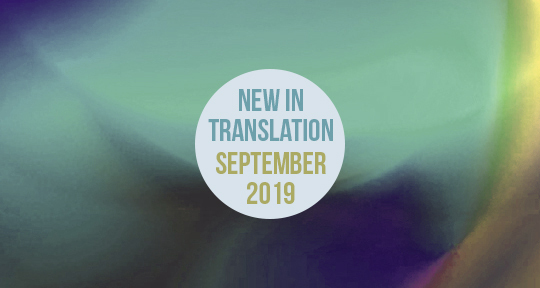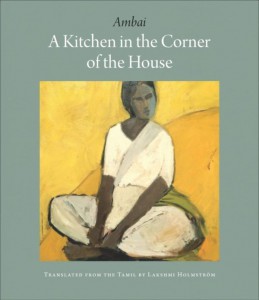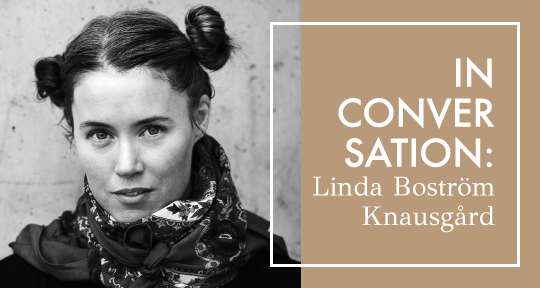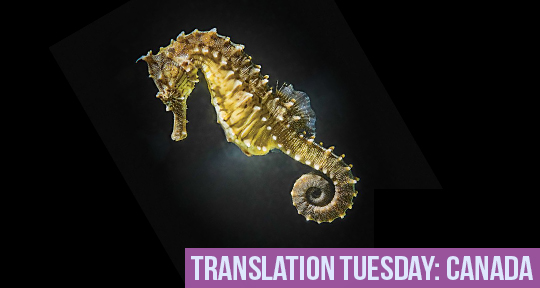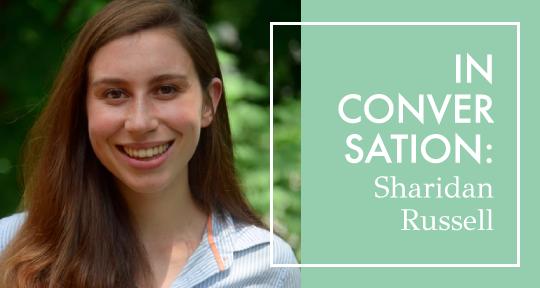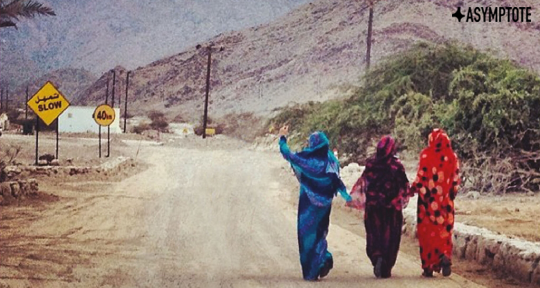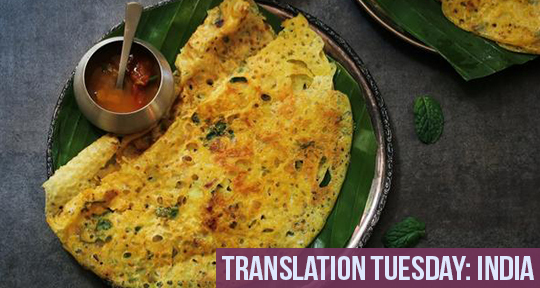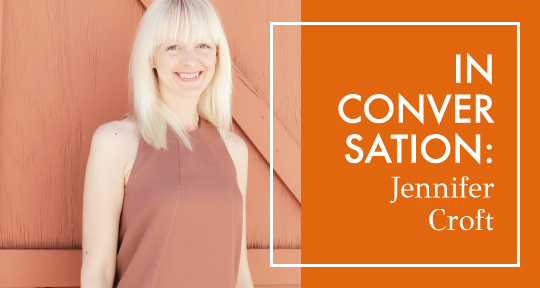This week’s Translation Tuesday features the work of Régis Jauffret, a French writer working since the 1980s. “Basketball, Tennis, and Swimming” is a micro-fiction that takes a look into the lived experience of depression—specifically a depression borne under a lack of inspiration and connection. Deep colors, sweeping juxtapositions, and a certain simplicity of thought feed into a narrative that questions schedules, labor, and purpose. An anti-capitalist vision of work opposed to melancholic states gives purpose to the purposeless. Uplifting narratives do not always have to be grand, this story shows, and the structures of neoliberal life worlds and traditional values can be tweaked with the help of a proper and poetic angle (and some odd desires!).
The staff have access to basketball hoops, three tennis courts, and a big pool with a sunroof, allowing them to enjoy some fresh air over the summer. It matters to me that everyone’s happy. I didn’t create this company to earn money, but to let the hopeless reacquire a taste for life.
I myself have known periods when I’ve risen at five in the afternoon, only to immediately lie back down after drinking some orange juice and eating a slice of bread. Those were the only times I saw my children, when they weren’t with their soccer team or at school. I came in contact with my wife’s body whenever she’d happen to be in bed, but I spent whole weeks without seeing her face in broad daylight. Medications in every color were piled up on the bedside table. I swallowed them without counting, and recognized them by their shape or their taste. I had gray dreams, without peaks or valleys, without sea, snow, night, or sun. Dreams like landscapes so flat, so desolate, that to my eyes nothing like them exists on our planet. I didn’t even think about death, it was too desirable for me to think possible. I slowly sank into the mattress, which cradled me like a cockle shell cast around my imprint.
READ MORE…


